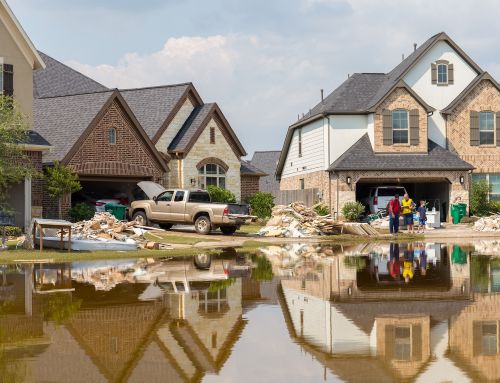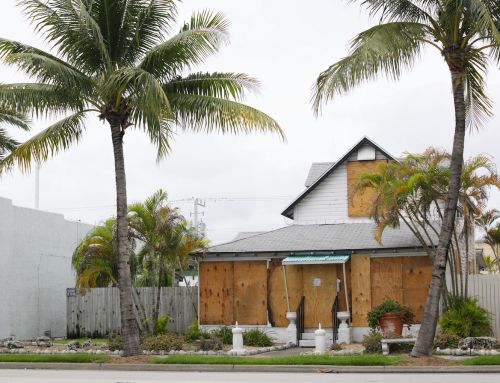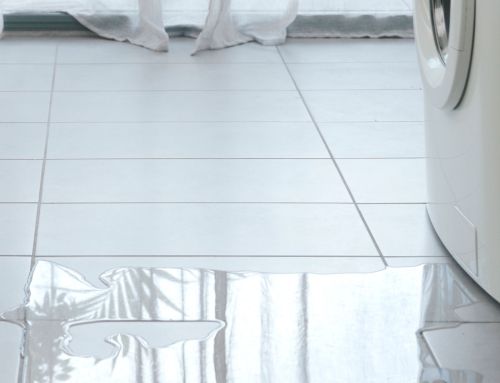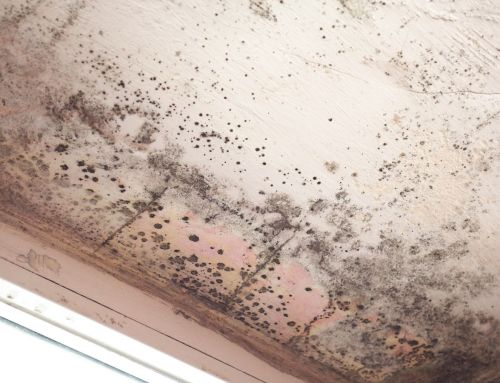Sump pumps are cylinder-shaped mechanisms that are placed in the lowest area of your basement. Their primary function is to move water out of your home after use. They come with special valves that detect rising water level pressures.
Excess amounts of water that leave your home after use are handled by the sump pump. It directs the water out of your home towards the sewer line, where it gets transported to the local treatment facility. When the pressure is too high, the water is sent to the discharge line, or the effluent, for immediate disposal. The water is then sent to the drainage system to prevent flooding.
Why Are Sump Pumps Important?
Sump pumps are important for several reasons. They help guard against the likelihood of water damage in your home, and they help reduce mold growth that results from water damage. The primary aim of a sump pump is to direct water out of your home to prevent flooding. A sump pump that’s properly installed can:
- Keeps your home’s foundation safe from water damage
- Protects your basement walls and baseboards from peeling due to moisture
- Enhances indoor air quality in your basement by reducing humidity levels
- Protects basement appliances from water damage
- Reduces the presence of termites and other pests drawn to water or moisture
- Keeps storm water out of your basement
Flooding in your basement can cause electrical fires with appliances. Water that seeps into your outlets and circuits causes shorts that can result in fires. A sump pump that works properly can reduce the risk of fire damage from excess water.
The Different Types of Sump Pumps
The most common sump pumps used in homes are primary sump pumps. They’re usually placed in a basement or crawl space. They ward off flooding by pumping water out of your home. There are two kinds of primary sump pumps: a pedestal and a submersible.
Pedestal sump pumps are pumps that stand erect. They are characterized by a piece at the base. The motor is prevented from getting wet because it’s located above the pump. A pedestal pump is easy to maintain and repair. Plus, it’s less expensive than some other models. But because the motor is visible, it can make noise. Some overheating may happen.
Submersible sump pumps operate under water. They rely on electricity and make less noise than a pedestal pump. The motor is located within the pump inside of a sump basin. They are considered safer because they’re less likely to overheat. The only downside is the cost. Submersible sump pumps tend to be more expensive than a pedestal pump.
Routine Maintenance
If you’re like most homeowners, you need a sump pump to keep excess water out of your home. Proper maintenance helps extend the life of your sump pump. These tips can help you save money in repairs and cleanup due to flooding:
- Have your sump pump tested: The best time to have your pump tested is in the early spring before the rain hits. A certified technician can do this by filling it up to the correct level. Attention is needed if the pump fails to turn on or doesn’t drain the water correctly.
- Clean the sump pump: Unplug the sump pump, remove the lid, and inspect the inside thoroughly. Then, using a clean cloth, remove any dirt or debris from the opening. This allows water to flow right out of your home.
- Check for worn or corroded parts: Constant water exposure causes sump pump parts to become corroded over time. Have your sump pump inspected for anything that’s worn or rusted. Your float switch should also be checked to ensure proper functioning against flooding.
A reliable sump pump is an excellent investment for your home. It keeps water damage down by removing excess water from your home. If you want a sump pump that lasts, you’ll need to keep it in working order. Routine maintenance is one way to keep it going strong.
Signs It’s Time to Replace Your Sump Pump
Sump pumps wear out over time. A failing sump pump has the following signs:
- Moldy smells: Moldy smells are warning signs that your sump pump isn’t working properly. A thorough inspection can diagnose the issue.
- Corrosion: Any part that’s rusted should be replaced. This is prevalent in older pumps. Most of them have parts that are not rust resistant.
- Sudden humming, banging, or clanging noises: If you hear sudden loud noises, you should call a professional immediately. It may be time to consider replacing your sump pump.
- Water in your basement: Your sump pump may not be pushing water out as it should. If this happens, call a professional.
Other issues to look out for are noises from the motor. Any grinding may indicate worn bearings. If the pump continues to run for long periods of time without turning off, you may need to consider a replacement.
Getting a New Sump Pump: What You Need to Know
Installing a sump pump is difficult and requires the skills and expertise of professional plumbers. They have the right tools to do the job. There are other reasons to hire a plumber to install a new sump pump.
One reason is compliance. Local codes and regulations have certain requirements for new sump pump installations. Building codes are designed to enforce safety, efficiency, and quality. You’ll have peace of mind knowing that your home is well-protected under the law.
Efficiency is another reason to hire a plumber. Experienced plumbers can install a new sump pump with speed and accuracy. They are well-trained and know exactly what to do to install your new sump pump. Because they have the right equipment, they can install it correctly in a short amount of time. Good plumbers have plenty of experience in sump pump installation. They understand how every part works and will make sure everything is running smoothly after installation.
Why Should Your Plumber Offer a Warranty?
Like most machines, a sump pump can fail. Even with proper maintenance, there are no guarantees. Other things can go wrong with your sump pump. A warranty should cover parts and labor.
A good warranty covers your sump pump if anything goes wrong with it. If there is any installation problem or a part breaks, it should cover the cost. This is why you should ask your plumber if they offer a warranty.
Key Takeaways
Sump pumps are vital to your home. They reduce mold and mildew, which are harmful to your health. The main role of a sump pump is to keep your home safe from the effects of water damage. But unpredictable events can happen. Your sump pump can fail suddenly, leaking water into your basement.
At Pur360, we offer many services that restore your home from water damage. We provide mold remediation and removal, odor elimination, and stain eradication. Our technicians use a patented procedure known as ultraviolet technology to remove viruses from your home. Our sanitization services are safe from harmful chemicals and leave no residue. Visit Pur360 today to learn more. We serve several states!



